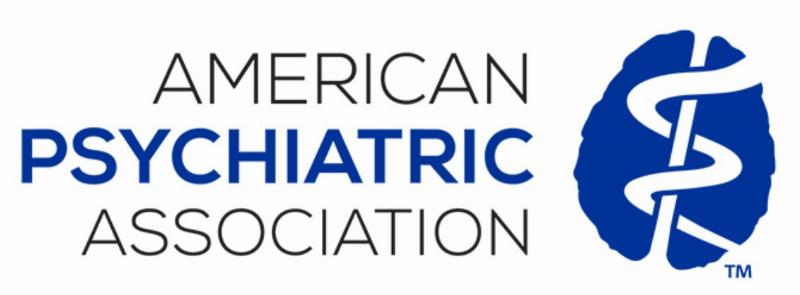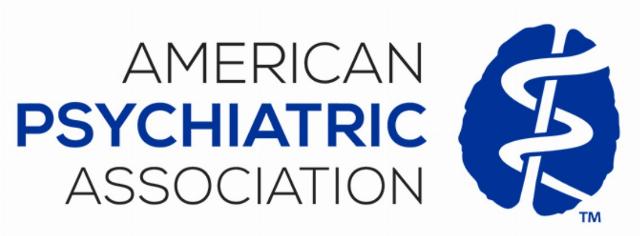


President Trump’s executive order restricting medical and surgical interventions for gender-distressed children comes just over one year after we petitioned the American Psychiatric Association (APA) to withdraw its sanctioned textbook, Gender-Affirming Psychiatric Care.
This “cutting-edge” guide available for purchase through the APA’s publishing house since November of 2023 encourages medicalization of gender nonconforming children and those with co-occurring mental health challenges, while boosting pseudoscientific assertions related to treatment of vulnerable patients.
Our open letter to the APA galvanized over seven thousand signatories from across the globe who agree that Gender-Affirming Psychiatric Care promotes unfounded conclusions and omits crucial developments in gender-related research at the expense of distraught patients and their families.
A sampling of the textbook’s dubious claims includes “pubertal suppression is a fully reversible intervention,” puberty can be a “ticking time bomb,” gender-affirming therapy is “lifesaving,” and “psychosis alone is not a contraindication to gender-affirming services.”
As the APA pushed gender ideology over evidence, twenty-six states took matters into their own hands and passed laws restricting gender-affirming treatments for minors. Under the new executive order, institutions risk losing federal funding for providing puberty blockers, hormones, and gender-affirming surgeries to patients under the age of nineteen.
While we are still waiting for a response from the APA, Gender-Affirming Psychiatric Care has not aged well.
The United Kingdom’s explosive release of the Cass Review in April was 2024’s most scathing rebuke of the remarkably weak evidence behind medical gender-affirming treatments for children, reinforcing similar conclusions reached by experts in other countries. This four-year comprehensive analysis of the literature found no way to accurately diagnose which children will maintain a fixed transgender identity, insufficient evidence supporting the use of puberty blockers and cross-sex hormones, and no suicide reduction in this cohort.
One month prior, the WPATH Files unearthed damning inside communications between members of the World Professional Association of Transgender Health. Conversations highlighting the difficulties of obtaining informed consent from children revealed that even gender clinicians know minors often do not have capacity to fully understand the consequences of life-changing, irreversible medical interventions.
In the spring, unsealed evidence from Boe vs. Marshall, a case challenging Alabama’s restriction of gender-affirming treatments for minors, disclosed that WPATH suppressed results from systematic reviews commissioned from Johns Hopkins that did not align with the organization’s message.
Boe vs. Marshall further revealed that, while an earlier version of WPATH’s transgender care guidelines included minimum age restrictions for gender-affirming surgeries, these age restrictions were removed from Standards of Care Version 8 due to political pressure, not evidence. President Trump’s executive order identifies WPATH as a proponent of “junk science,” while the authors of Gender-Affirming Psychiatric Care cite WPATH numerous times as an authoritative source.
Withholding evidence that may help gender-distressed patients is a common theme. In October, the New York Times revealed that a gender-affirming physician left findings from an NIH-funded study unpublished because she feared the results showing that puberty blockers failed to improve the mental health of gender dysphoric children would be politically “weaponized.”
A year of major gender medicine developments wrapped up in December with oral arguments before the Supreme Court in U.S. vs Skrmetti. In an astonishing moment of clarity, the ACLU attorney for the plaintiff admitted that gender-affirming treatments do not reduce the rate of suicide in children suffering from gender dysphoria.
Meanwhile, lawsuits brought by individuals permanently harmed by gender-affirming interventions are piling up. Yet, all twenty-six chapters of Gender-Affirming Psychiatric Care direct clinicians to affirm a patient’s self-diagnosis of gender-related distress -- with no mention of the possibility of misdiagnosis and future transition regret.
By continuing to promote Gender-Affirming Psychiatric Care as an “indispensable” reference, the APA is clinging to a time capsule reflecting an era when clinicians -- alongside eugenicists, lobotomists, and Tuskegee scientists -- surrendered evidence-based medicine to an ideology at the expense of patient well-being.

